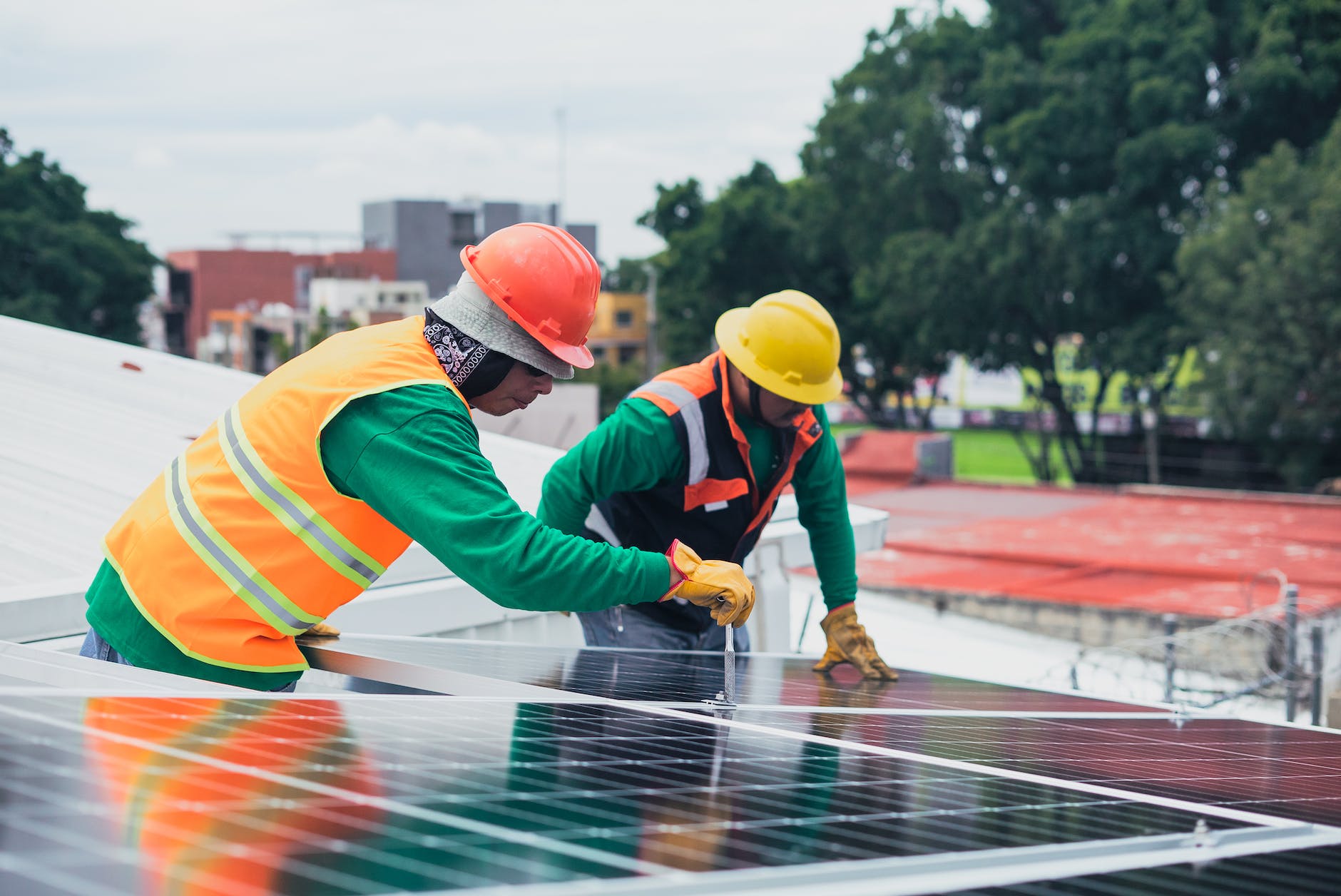
Solar power systems have revolutionized the way we harness energy from the sun, offering sustainable and eco-friendly solutions to power our world. Understanding the intricacies of solar power systems is crucial for both environmental enthusiasts and those seeking to embrace renewable energy. In this article, we'll delve into 11 fascinating facts about solar power systems, shedding light on their impact, functionality, and potential for the future. From the science behind solar panels to their benefits and applications, these facts will illuminate the impressive capabilities of solar energy and its role in shaping a greener, more sustainable world. So, let's embark on a journey through the captivating realm of solar power systems and uncover the remarkable insights that make them a pivotal force in the quest for cleaner, renewable energy sources.
Key Takeaways:
- Solar power systems harness the sun’s energy to create electricity, reducing bills and carbon footprint while requiring minimal maintenance and lasting for many years.
- By installing solar power systems, property owners can increase their property value, contribute to energy independence, and take advantage of incentives and rebates.
Solar power is derived from the energy of the sun.
Harnessing the immense power of the sun, solar power systems utilize photovoltaic cells to convert sunlight into electricity, providing a sustainable and renewable energy source.
Solar power systems can be installed on residential and commercial properties.
From individual homes to large-scale businesses, solar power systems can be tailored to meet the energy needs of various properties, contributing to a greener and more cost-effective energy solution.
Solar power systems reduce electricity bills.
By generating electricity from sunlight, solar power systems can significantly lower electricity bills, offering long-term savings for homeowners and businesses.
Solar power systems reduce carbon footprint.
By utilizing clean and renewable energy from the sun, solar power systems help reduce greenhouse gas emissions, making a positive impact on the environment.
Solar power systems require minimal maintenance.
Once installed, solar power systems require minimal maintenance, making them a hassle-free and reliable energy solution for property owners.
Solar power systems can store excess energy.
With the use of energy storage solutions such as batteries, solar power systems can store excess energy generated during the day for use during periods of low sunlight or at night.
Solar power systems can increase property value.
The installation of solar power systems can enhance the value of properties, offering an attractive asset for potential buyers and contributing to a sustainable real estate market.
Solar power systems have a long lifespan.
With proper maintenance, solar power systems have a long lifespan, providing a durable and sustainable energy solution for many years.
Solar power systems can be integrated with the power grid.
Solar power systems can be integrated with the existing power grid, allowing for the seamless exchange of electricity and providing a reliable energy source for homes and businesses.
Solar power systems contribute to energy independence.
By generating electricity on-site, solar power systems contribute to energy independence, reducing reliance on traditional energy sources and promoting self-sufficiency.
Solar power systems are eligible for incentives and rebates.
Many regions offer incentives and rebates for the installation of solar power systems, making them a financially appealing investment for property owners.
Solar power systems represent a pivotal advancement in sustainable energy technology, offering a multitude of benefits for both residential and commercial applications. By harnessing the power of the sun, these systems provide a clean, renewable, and cost-effective energy source while making a positive impact on the environment. From reducing electricity bills to increasing property value, solar power systems have emerged as a key player in the transition towards a greener and more sustainable energy landscape. With minimal maintenance and a long lifespan, they offer a reliable and efficient energy solution for the present and the future. Additionally, the integration of solar power systems with the power grid and the availability of incentives and rebates further enhance their appeal, making them an attractive investment for property owners seeking energy independence and long-term savings. Embracing solar power systems not only contributes to a more sustainable energy infrastructure but also signifies a proactive step towards a cleaner and brighter future.
Conclusion
In conclusion, solar power systems offer a sustainable and renewable energy solution with numerous benefits for both individuals and the environment. With advancements in technology and decreasing costs, solar power is becoming increasingly accessible. By harnessing the power of the sun, solar panels can generate clean electricity and reduce reliance on non-renewable resources. Embracing solar energy not only contributes to a greener planet but also offers long-term financial savings. As the global shift towards renewable energy continues, investing in solar power systems presents a promising opportunity to create a more sustainable future for generations to come.
FAQs
What are the primary components of a solar power system?Solar power systems consist of solar panels, inverters, racking or mounting systems, and electrical wiring. The solar panels capture sunlight and convert it into direct current (DC) electricity, which is then transformed into alternating current (AC) electricity by the inverters for use in homes or businesses.
How long do solar power systems last?Typically, solar power systems have a lifespan of 25 to 30 years. While the performance may slightly degrade over time, regular maintenance and advancements in technology contribute to the longevity and efficiency of solar panels.
Was this page helpful?
Our commitment to delivering trustworthy and engaging content is at the heart of what we do. Each fact on our site is contributed by real users like you, bringing a wealth of diverse insights and information. To ensure the highest standards of accuracy and reliability, our dedicated editors meticulously review each submission. This process guarantees that the facts we share are not only fascinating but also credible. Trust in our commitment to quality and authenticity as you explore and learn with us.


